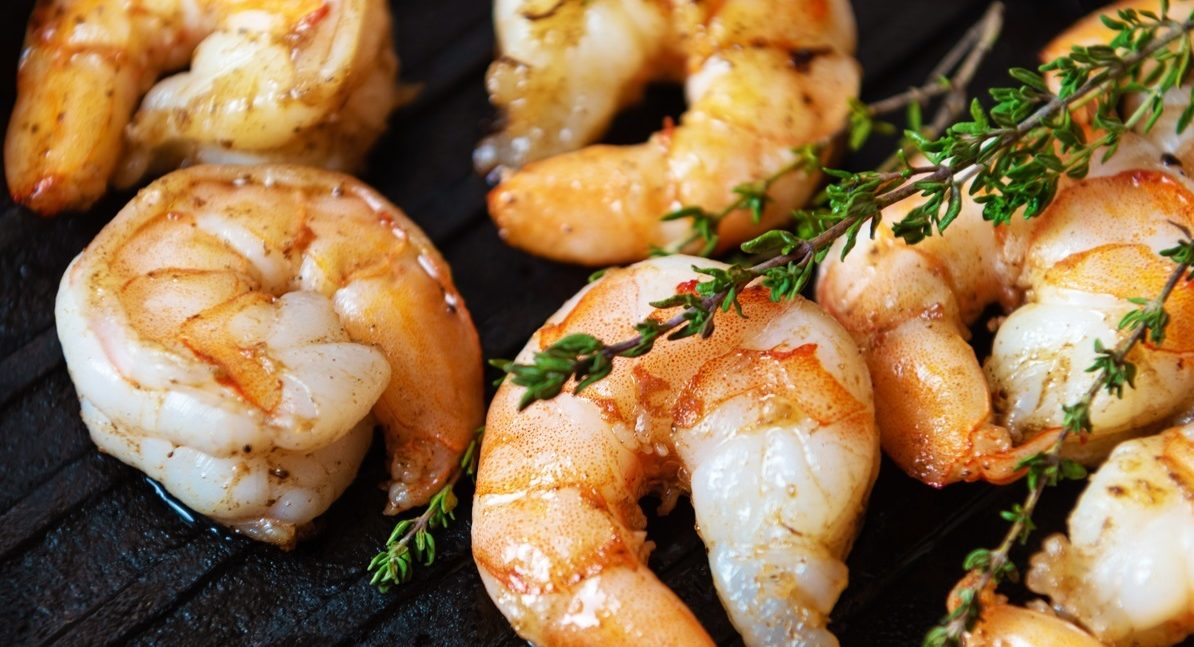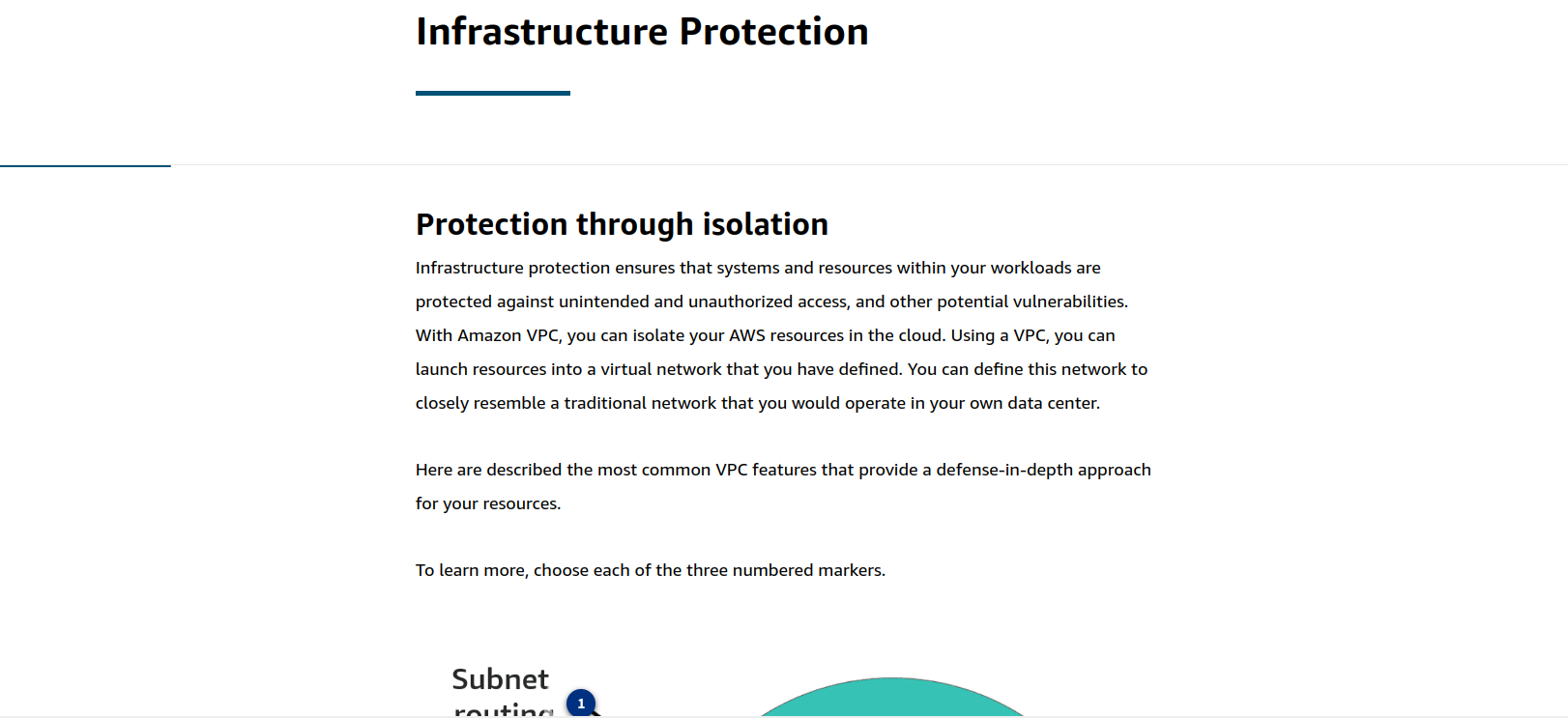Has the US shrimp import market blown out its brakes? The crustaceans keep coming in larger and larger volumes, and yet their prices are still climbing, too.
For at least five consecutive months and 33 out of the last 38 months, the import of US shrimp has shown year-on-year growth, with imports in February 2022 representing one of the biggest y-o-y increases yet, reveals the latest update by the National Oceanic and Atmospheric Administration (NOAA) of its seafood trade data.
The US imported 66,335 metric tons of shrimp worth $636.4 million in February 2022, an increase of 25% in volume and 41% in value over the 52,903t worth $450.8m imported in February 2021.
The big monthly increases don't represent a new trend of course. US consumers are eating more and more shrimp, as the country imported 896,109t worth $8.0 billion in 2021, boosts of 20% in volume and 24% in value over what was imported in 2020, as reported earlier by Undercurrent News.
And consumers are paying more for shrimp, too. The average overall price paid in February 2022 was $9.59 per kilogram, a 13% increase over the average $8.52/kg paid in February 2021 and 1% more than the $9.46/kg that was paid in January 2022.
The slight continued upward movement in price represents a flattening or maybe even a resumption of an earlier trend after the overall average price in January 2022 was down 2% from the average paid in December 2021 ($9.63/kg) and down 3% from the average paid in November 2021 ($9.74/kg).
Prior to that, the average price for shrimp has been climbing since June 2021 when it was $8.41. It hasn't gone below $8.18/kg, the average price paid in June 2019, for more than nine years. (See chart below.)
India continues to dominate
India, as usual, was the most dominant source of shrimp for the US in February 2022, sending it 22,868t worth $219.3m. That's up 15% in volume and 25% in value over the 19,945t worth $175.0m imported from India in February 2021. India accounted for 34% of all US shrimp imports during the month.
The average price of Indian shrimp was $9.59/kg in February 2022, up 12% from the $8.78/kg average seen in February 2021 and 4% better than the average $9.20/kg paid in January 2022.
NOAA's February shrimp import data is consistent with what sources in India's chief farming state of Andhra Pradesh told Undercurrent recently. Prices appear to have stabilized at a new level while the industry awaits the first full-size harvests of the year. That's according to the latest data provided by aqua-service companies Aquaconnect and AquaExchange.
A few sample graphics from Undercurrent's shrimp price data show a decline across different sizes in recent weeks, however:
Ecuador jumps right back with 44% volume increase
Seeing the biggest increase of shrimp sent to the US in February was Ecuador. After falling behind Indonesia in January, Ecuador jumped back into second place by sending the US 16,168t of shrimp worth $125.2m, a 44% increase in volume and a 73% increase in value over the 11,210t worth $72.5m that it sent the US in February 2021.
Ecuadorian shrimp is still a relative bargain but the price continues to climb. The average price in February 2022 was $7.75/kg, 19% more than the $6.47/kg average seen in February 2021 but 1% down from the average $7.83/kg seen in January, according to NOAA data.
Ecuador shrimp farmers are worried about their businesses due to high production costs being driven ever higher by Russia's invasion of Ukraine, sources told Undercurrent this week.
"Costs continue to rise due to the increase in international prices of inputs such as agrochemicals, vegetable oil and flour, paper, aluminum, other raw materials for balanced products and energy," explained one Ecuadorian who works at a small farm. "That adds to extra cargo transportation costs derived from the current low availability of shipping routes to certain destinations and higher fuel prices."
Gabriel Luna, an Ecuadorian shrimp farmer and owner of GLuna Shrimp, spoke recently to Undercurrent's Maria Feijoo about his shrimp sector’s 2021 experience and how current events in Ukraine and China are affecting the industry. You can watch the interview here.
A few sample graphics from Undercurrent's shrimp price data similarly show a decline across different sizes in recent weeks:
US imported 45% more Indonesian shrimp
Indonesia didn’t lose its second spot by having a weak month, however. The southeastern Asian nation sent the US 14,176t of shrimp worth $137.8m in February 2022, an increase of 45% in volume and 62% in value over February 2021.
The average price paid for Indonesian shrimp was $9.72/kg, a 13% increase over the average $8.73/kg paid in February 2021 and 5% more than the average $9.27/kg paid in January 2022.
After a few weeks with no updates, Indonesian vannamei shrimp prices in West Java, the country's main farming region, showed an increase in week 13, while prices in West Nusa Tenggara and East Java stayed flat, Undercurrent reported earlier this week.
The data reveals that prices for all main sizes in West Java rose to IDR 102,000 per kilogram ($7.10/kg) and IDR 93,000/kg for 30- and 40-count shrimp, as they did to IDR 72,000/kg for 60-counts.
Shrimp imports from China, Mexico both up
After seeing a continuous decline related to the US trade war with China, US importers of Chinese shrimp saw their fortunes change slightly in February 2022. They brought in 585t of shrimp worth $3.4m, 41% more in volume and 60% more in value than in February 2021.
Of course, a look at the chart below shows how reduced the US imports of Chinese shrimp have been since at least January 2019 and how easy it might be to top an earlier month's volume.
The average price of Chinese shrimp was up 22% to $5.83/kg from $5.13/kg in February 2021.
Likewise, the US imported 2,021t of shrimp from Mexico worth $32.1m in February 2022, an increase of 13% in volume and 59% in value compared to February 2021. The average price was $15.87/kg in February 2022, up 12% over the $11.29/kg paid in February 2021.
Eight of the US’ 20 largest import source countries saw reduced volumes y-o-y in February 2022, including Argentina, Peru, Bangladesh, Venezuela, Guyana, Guatemala, Honduras and the Philippines. But such are the increased prices of shrimp that only five of those countries saw reduced value (Argentina, Guyana, Guatemala, Honduras and the Philippines).
Undercurrent reported how the Argentine red shrimp harvest was winding down in early March after seeing low catches since early January. Landings had been particularly weak in the last few days of February, and catches usually decline during the first weeks of March, sources noted.
Contact the authors jason.huffman@undercurrentnews.com, Maria.Feijoo@undercurrentnews.com
















Comments (0)
To view or post comments, simply
Already registered? Log in here:
Enter the email address associated with your account. We'll send you instructions to reset your password.
We’ve sent a link to to change your password.
Please check your inbox to reset your password securely and easily.